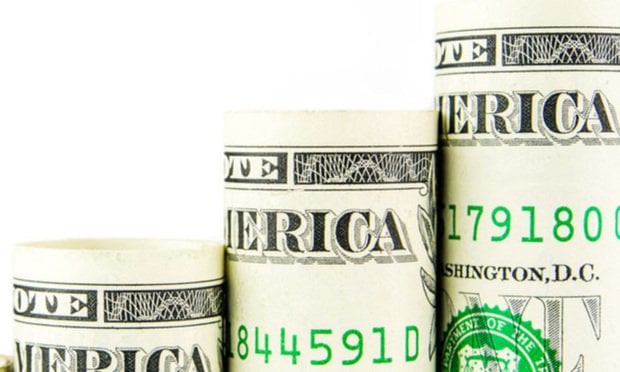LOS ANGELES—US net lease assets are attracting the interest of a growing number of foreign investors, according to new research from CBRE.
Foreign investment in net-lease assets—comprising office, industrial and retail properties—reached $1.9 billion in Q1 2019, up by 6.6% from Q1 2018's total, CBRE found. International investors accounted for an even larger share of net-lease investment (15.1%) in Q1 2019 than the same period last year (12.9%). Global investment in net-lease properties has averaged more than $8 billion annually over the past four years from approximately $3 billion annually between 2011 and 2014.
Higher Than Other Asset Groups
Foreign investors' appetite for US net-lease properties has increased more than any other investor group, adding nearly $21 billion to their holdings since 2014, according to Will Pike, CBRE's vice chairman of Net Lease Properties for Capital Markets.
“This is further evidence that global capital flows prioritize the risk adjusted returns of the net lease sector and will continue to invest in the asset class,” he said in prepared remarks.
Top Foreign Buyers
International buyers increased investment in US net-lease properties by $8.8 billion in 2018—a 30.1% increase from the previous year and the second-highest level on record, CBRE's stats show. New York City, San Francisco, Boston, Dallas/Ft. Worth, Columbus and Los Angeles received the most foreign capital.
The top countries of origin for foreign investment in US net-lease properties from 2016 to 2018 were Canada ($5.55 billion), South Korea ($3.28 billion) and China ($3.22 billion). These three countries accounted for more than half of all foreign investment in the US net-lease market over this period.
Canadian and Chinese investors primarily targeted industrial properties, while South Korean investors overwhelmingly preferred office product.
What's Next?
US net-lease transaction volume is expected to remain elevated in 2019, with increasing investor demand for net-lease office and industrial assets. Rising demand for US net-lease real estate led to $68.3 billion in investment volume in 2018—the highest annual total since CBRE began tracking the market in 2002. Net-lease acquisitions' share of overall commercial real estate volume has been in the 11%-to-12% range since 2012, suggesting sustained strong investor demand in the sector.
Overall net-lease capitalization rates are expected to remain stable for the rest of 2019. Spreads over Treasuries have been gradually tightening since 2012 and narrowed to 321 basis points last year with rising interest rates. Recent decreases to the 10-Year Treasury rate brought the Q1 2019 spread to 386 bps.
Appeal of Secondary Markets
Risk aversion is driving demand for this asset category, whose hallmark is the long-term nature of the leases and the credit underpinning the tenants, Pike said.
Pike also noted that investors are increasingly focused on net-lease opportunities in high-growth secondary and tertiary markets. “While gateway markets like New York City, Washington, DC and Chicago had the largest gains in investment volume last year, markets such as Phoenix, Seattle, Baltimore, Columbus and Atlanta have seen significant growth,” he said.
Want to continue reading?
Become a Free ALM Digital Reader.
Once you are an ALM Digital Member, you’ll receive:
- Breaking commercial real estate news and analysis, on-site and via our newsletters and custom alerts
- Educational webcasts, white papers, and ebooks from industry thought leaders
- Critical coverage of the property casualty insurance and financial advisory markets on our other ALM sites, PropertyCasualty360 and ThinkAdvisor
Already have an account? Sign In Now
*May exclude premium content© 2024 ALM Global, LLC, All Rights Reserved. Request academic re-use from www.copyright.com. All other uses, submit a request to [email protected]. For more information visit Asset & Logo Licensing.









